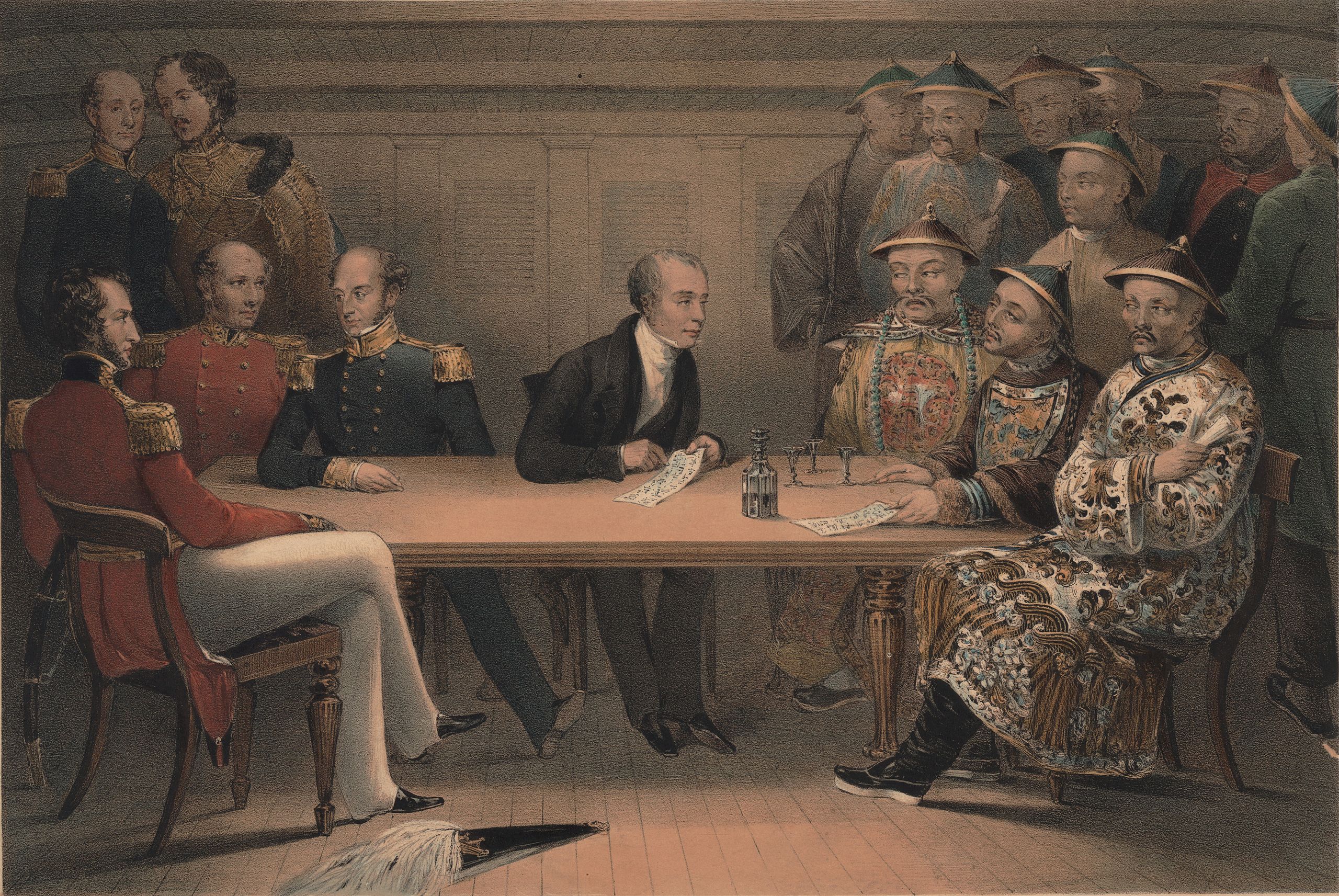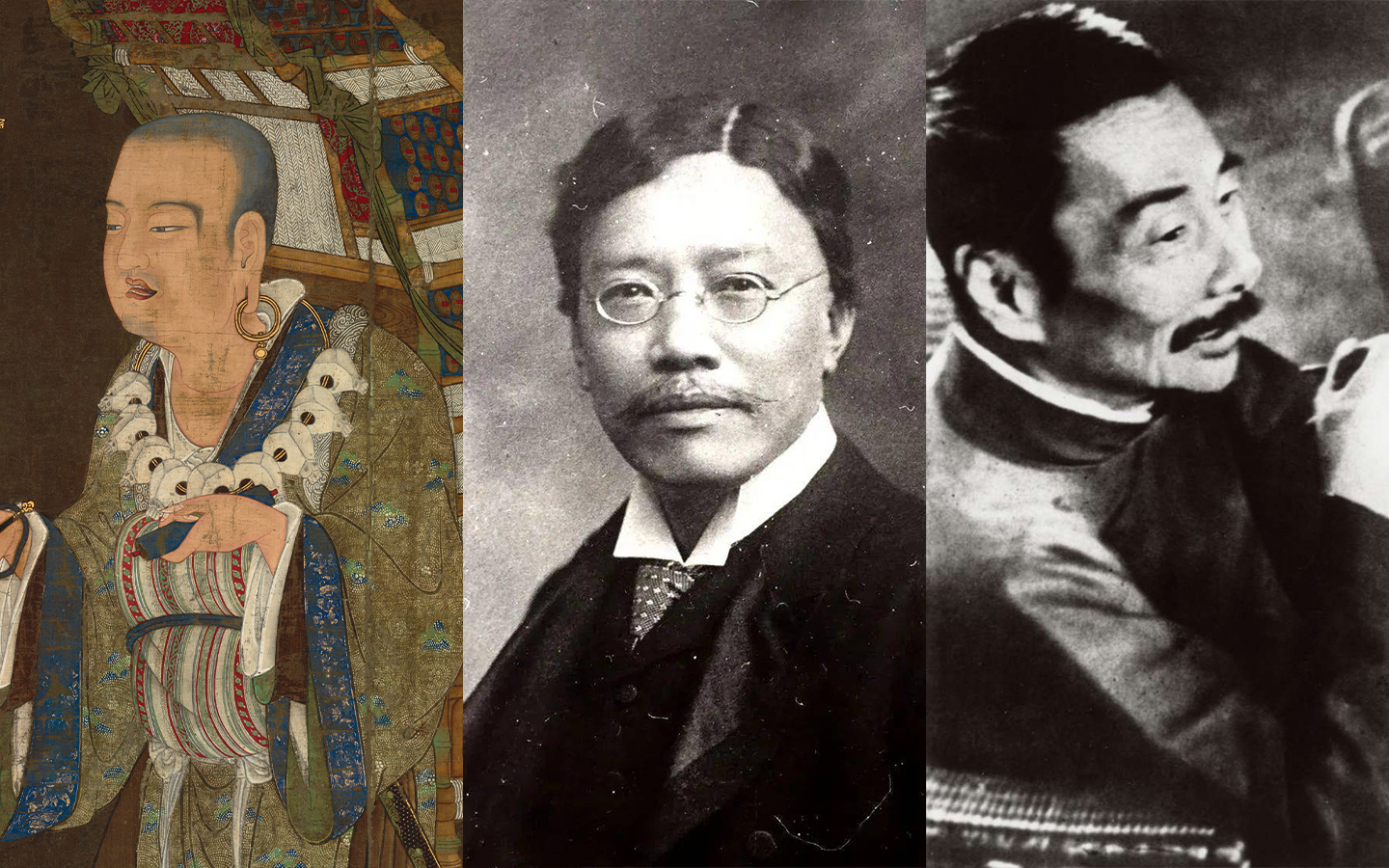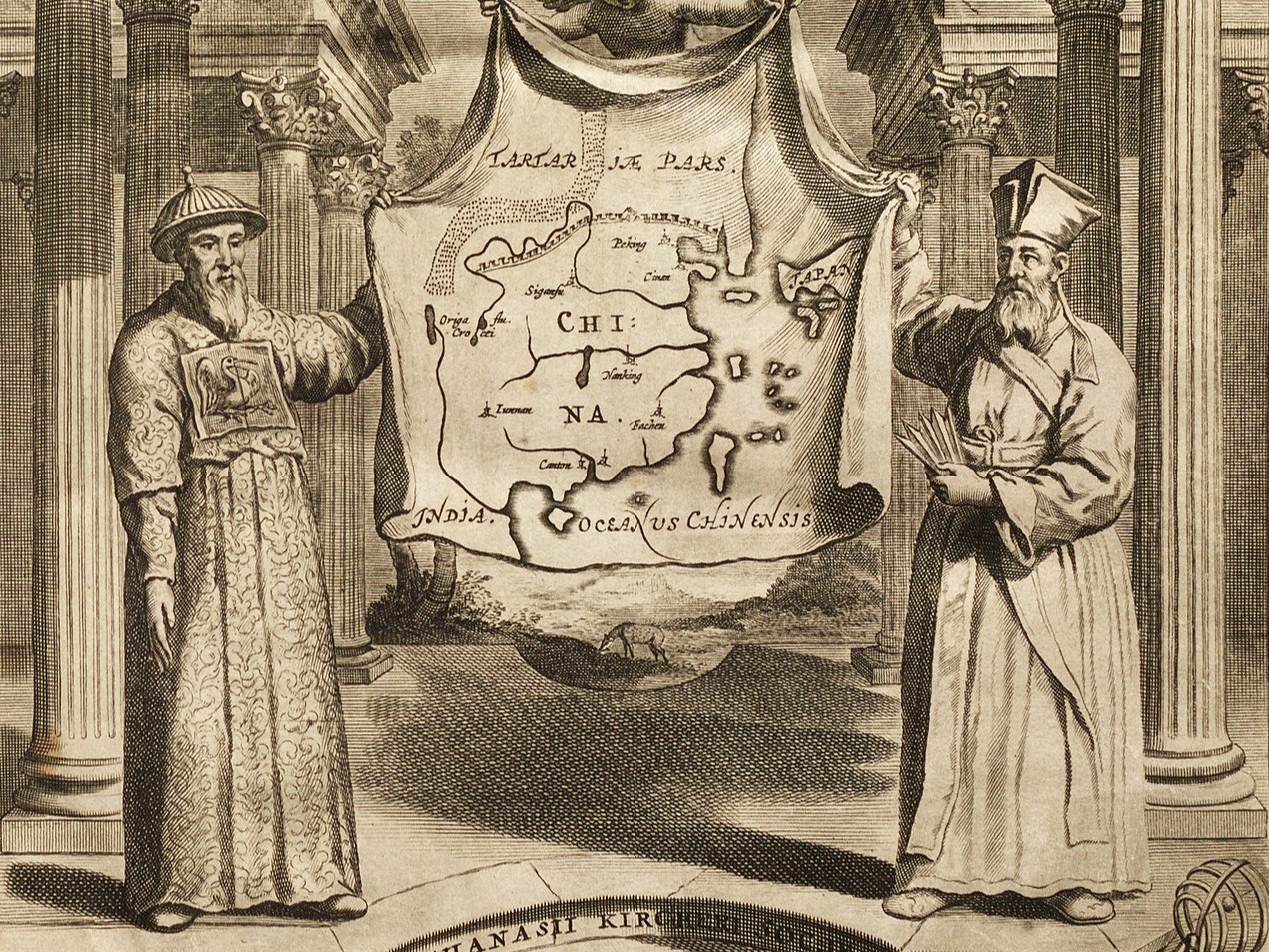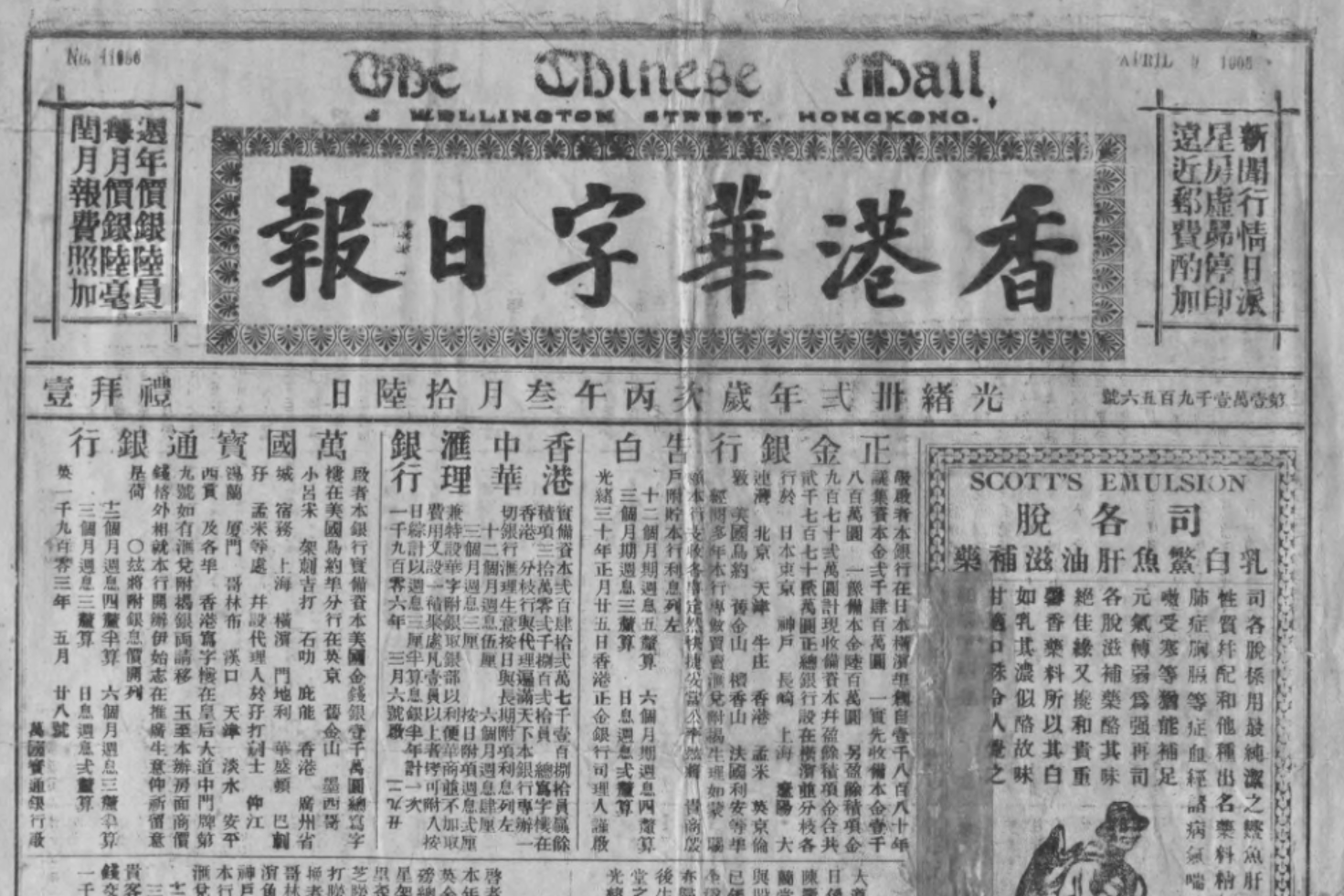Home / Translation Studies / Research Projects
Research Projects

Leader: Prof. Lawrence Wang Chi WONG
Members: Prof. YU Ling (HNUST), Dr. LIU Rui (NJUPT), Dr. LU Chunhui (University of Macau), Dr. SHUAI Siyang (East China Normal University), Dr. ZHUANG Chiyuan (Shanghai International Studies University)
I. Translation and Diplomacy in 19th Century China
This research project re-examines translation in modern Chinese history (19th-mid 20th centuries) by focusing on the often-overlooked political agency of sinologists. Traditional narratives emphasize prominent political figures, neglecting the crucial roles that sinologists played as mediators between China and the West. Leveraging their linguistic and cultural expertise, these individuals served not only as translators but also as diplomats, negotiators, advisors, and even colonial officers, significantly impacting both domestic and international affairs. Their activities extended beyond official duties; they cultivated extensive social networks, wielding considerable political influence and shaping the spread of political ideologies within China.
This project will explore these multifaceted roles through detailed case studies, analyzing how sinologists influenced diplomatic relations, wars, and political transformations. We will investigate their impact on the dissemination of political thought, their involvement in colonial governance, and the dynamics of their social networks and political capital. By examining their actions within the broader context of social, political, and cultural factors, we aim to offer a nuanced understanding of modern Chinese history “from below,” enriching both sinological and political historical scholarship. The project will ultimately reveal the significant, yet often invisible, contributions of sinologists to the shaping of modern China.
II. Chinese Translation History Education
This project attempts to offer a comprehensive introduction to the development of translation in Chinese history. Capturing key moments from ancient times to 1949, it explores the interplay between linguistic, cultural, and political factors shaping translation throughout various historical periods. The significant events to be discussed in this book include the translation of Buddhist scriptures during the Han and Tang dynasties, the interaction of Western scientific and philosophical texts with Chinese ideas during the Qing dynasty, the translation encounters in diplomatic and military conflicts, and the literary and cultural reforms through translation in the modern period. It hopes to shed light upon the challenges and innovations of modern Chinese translation from a globalized perspective.
Besides the translated works to be discussed in the book, the project also attempts to introduce basic research methods for beginners in Chinese translation history. The key themes may include the impact of different translation theories and methodologies on the rendered texts, the multifaceted roles of translators as cultural mediators, and the tension between patronage and translators. By encompassing texts and contexts around key events, it seeks to understand translation from a broader and more dynamic perspective. The book aims to equip students with a critical appreciation of the historical development of Chinese translation and the basic skills to conduct studies in Chinese translation history.

Leader: Prof. Lawrence Wang Chi WONG
Members: Prof. HUANG Ruoze (Xiamen University), Dr. SHUAI Siyang (East China Normal University), Prof. Prof. TAO Lei (Fudan University)

III. Sinologist as Translator
Leader: Prof. Sophie WEI Ling-chia
IV. Hong Kong Translation History
Leader: Prof. JI Lingjie, Dr. Liu Yunrou

